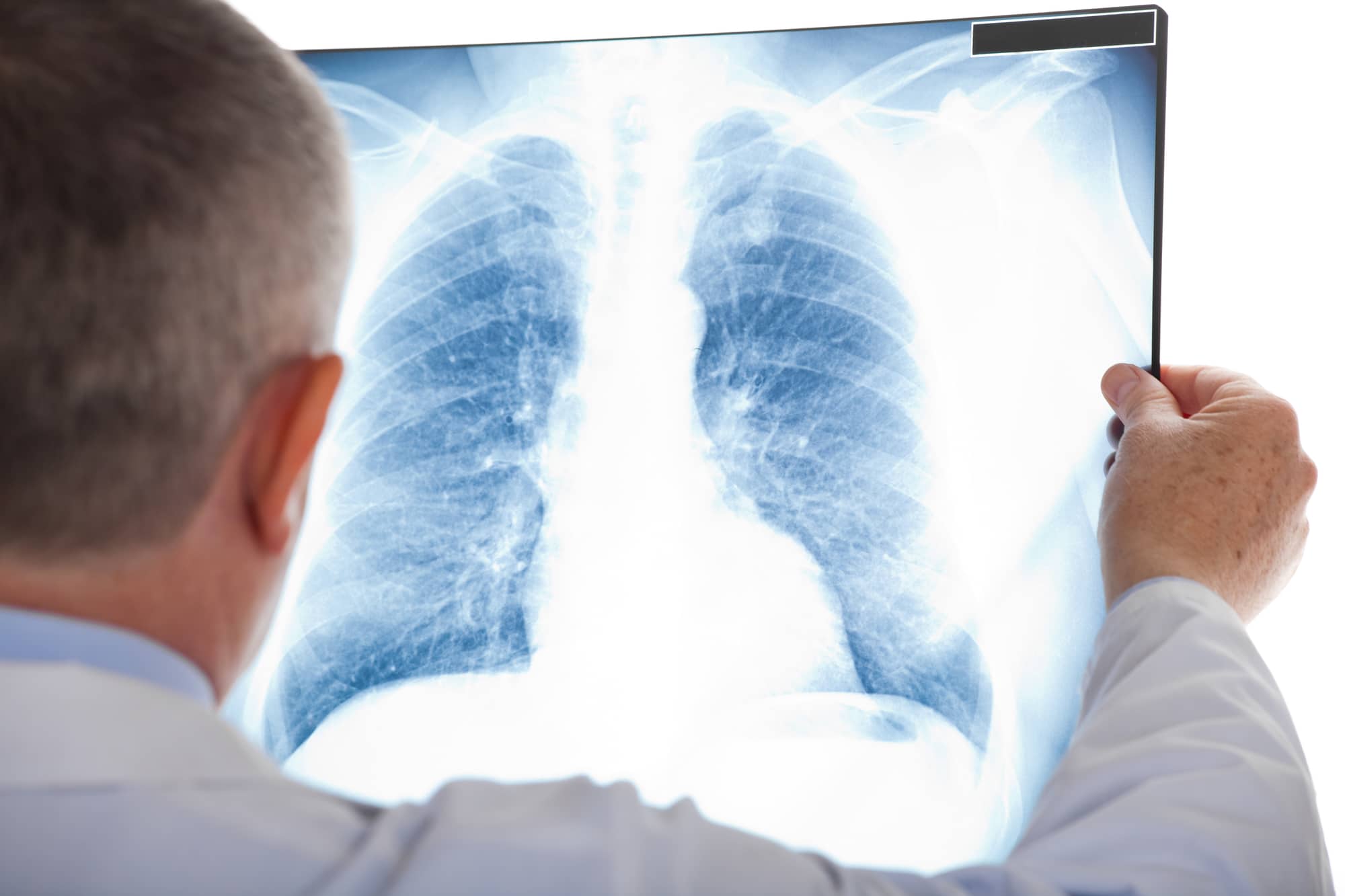Posted in Personal Injury Lawyer
Medical Misdiagnosis Consequences
Receiving a medical diagnosis can often be a significant life event. It provides clarity about their condition and lays the foundation for appropriate treatment. However, what happens when that diagnosis is incorrect? A medical misdiagnosis can have serious consequences, leading to delayed or improper treatment, prolonged suffering, and in some cases, life-threatening situations. If you or a loved one have experienced a medical misdiagnosis cases, here are five things you should expect:
1. Dealing With Emotional Turmoil
Dealing with a medical misdiagnosis can result in plenty of emotional turmoil. Patients may experience a rollercoaster of emotions, including anger, frustration, anxiety, and fear. Coping with the uncertainty of their condition and the realization that they may have undergone unnecessary treatments or suffered unnecessarily can take a toll on their mental well-being. It’s essential to seek emotional support from loved ones or professional counselors during this challenging time.
2. Seeking a Second Opinion
After a medical misdiagnosis, it’s natural to seek a second opinion from another healthcare professional. Patients should not feel hesitant about seeking additional medical advice to confirm or correct the initial diagnosis. Hearing a perspective from a different medical professional can help provide clarity regarding your health.
3. Gathering Medical Records and Documentation
It’s essential to keep all your medical records and other pieces of documentation if you have or believe you have a medical misdiagnosis. Keep a detailed record of your symptoms, the treatments you received, and any communication with healthcare providers. These records will be essential when consulting with other medical professionals or seeking legal advice regarding your situation.
4. Considering Legal Action
In cases of severe harm caused by a medical misdiagnosis, it might be necessary to consider legal action. Medical malpractice occurs when a healthcare provider’s negligence results in harm to a patient. It’s essential to consult with an experienced medical malpractice attorney to assess your case’s merits and explore your options for seeking compensation for the damages you have suffered.
5. Understanding Your Rights and Legal Options
Should you decide to pursue litigation, it’s vital to understand your legal rights. An experienced medical malpractice attorney can guide you through the legal process, explain the laws applicable to your case, and help you determine the best strategy for seeking justice and compensation. They will investigate your claim, gather evidence, consult with medical experts, and advocate for your rights throughout the legal proceedings.
A medical misdiagnosis can have profound and far-reaching consequences on a patient’s life. It can lead to delayed or inappropriate treatment, prolonged suffering, and, in severe cases, life-threatening situations. If you or a loved one have experienced a medical misdiagnosis, it’s essential to seek emotional support and consider seeking a second opinion from another healthcare professional.
Gathering all relevant medical records and documentation is crucial in evaluating your case and determining the best course of action. In severe cases of harm caused by a medical misdiagnosis, it may be necessary to consider legal action. Consulting with an experienced medical malpractice attorney will help you understand your rights, explore your legal options, and pursue justice and fair compensation for the damages you have suffered. For medical misdiagnosis cases, you may need assistance from a medical malpractice attorney from our team at Cohen & Cohen. We can provide the legal advice you need; we are here to assist you.
































